 Shutterstock
Shutterstock
Dogs play an incredible role in improving emotional well-being regarding therapy and mental health support. Their natural empathy, calming presence, and ability to sense human emotions make them perfect companions for those dealing with stress, anxiety, depression, and other mental health challenges. While all dogs offer companionship, some breeds stand out for their nurturing, intuitive nature and adaptability in therapeutic settings. These dogs can be trained to provide comfort, affection, and even physical assistance, helping individuals navigate emotional difficulties and improve their overall mental health.
Golden Retriever
 Shutterstock
Shutterstock
Golden Retrievers are often the first breed that comes to mind when thinking about therapy dogs. Their gentle temperament, loyalty, and patient nature make them ideal companions for people needing emotional support. Golden Retrievers are intuitive, able to sense when their owner or patient is feeling down, and they’re quick to offer comfort by nuzzling or staying close. Their friendly, non-aggressive nature makes them excellent for working with individuals of all ages, from children to the elderly. Goldens are great at creating a calming presence in stressful environments, helping to reduce anxiety and bring a sense of security to those around them.
Labrador Retriever
 Shutterstock
Shutterstock
Labrador Retrievers are another top choice for therapy and mental health support due to their friendly, outgoing personalities and high level of trainability. Labs are known for being incredibly empathetic and in tune with human emotions, often providing comfort without needing any specific commands. Their natural eagerness to please makes them excellent therapy dogs, as they are able to focus on their handler’s needs and offer unconditional affection. Labrador Retrievers are often used in hospitals, nursing homes, and counseling centers because of their calming influence and ability to connect with people on a deep emotional level.
Cavalier King Charles Spaniel
 Shutterstock
Shutterstock
The Cavalier King Charles Spaniel is a small breed with a big heart, making them perfect for therapy work. Their affectionate, gentle nature allows them to form strong bonds with their handlers, and their love of cuddling offers instant comfort to those struggling with anxiety or depression. Cavaliers are highly adaptable, which means they can work well in both quiet, one-on-one settings and more chaotic environments like hospitals or group therapy sessions. Their compact size also makes them ideal for individuals who may not have the ability to handle larger dogs but still need the emotional support a dog can provide.
Poodle
 Shutterstock
Shutterstock
Poodles, particularly the Standard and Miniature varieties, are highly intelligent and emotionally attuned, making them excellent therapy dogs. Their hypoallergenic coats also make them a great choice for individuals with allergies who need a therapy animal. Poodles are known for their ability to quickly pick up on human emotions and offer comfort when it’s most needed. They excel in settings like nursing homes, hospitals, and schools, where they can provide a soothing presence to individuals experiencing stress or trauma. Poodles’ ability to remain calm under pressure, combined with their affectionate nature, makes them a perfect fit for mental health support.
Border Collie
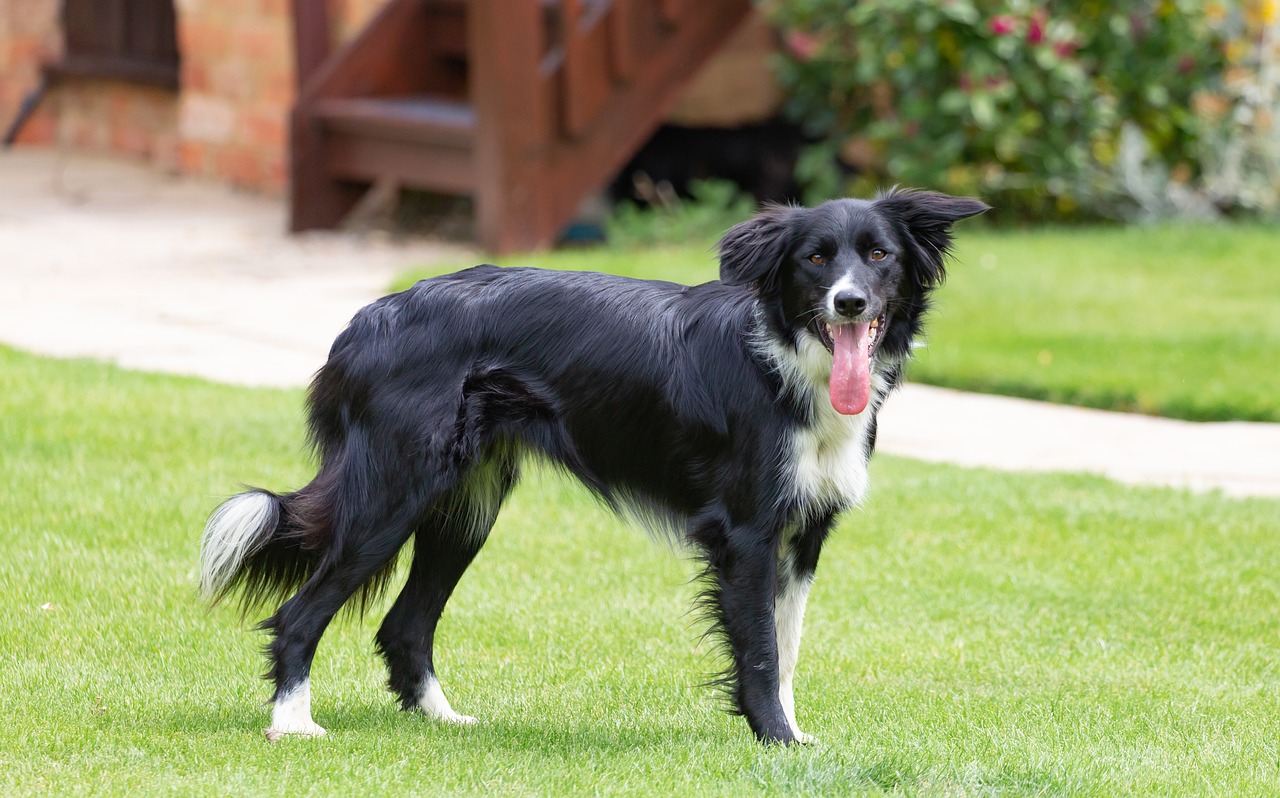 Shutterstock
Shutterstock
Border Collies are known for their intelligence and sensitivity, traits that make them well-suited for therapy work. While they’re often associated with herding, Border Collies have a deep bond with their handlers and can be trained to respond to emotional cues, offering support when someone is feeling overwhelmed or anxious. Their high energy and intelligence mean they can engage in physical activities, which can be a therapeutic outlet for individuals dealing with mental health issues. Whether it’s playing fetch to release pent-up energy or lying down for a calming cuddle, Border Collies are highly adaptable and attentive therapy companions.
Bichon Frise
 Shutterstock
Shutterstock
Bichon Frises are small, fluffy dogs with an upbeat, cheerful disposition that can instantly brighten anyone’s day. Their natural charm and affectionate nature make them wonderful companions for individuals in need of mental health support. Bichons are highly adaptable, meaning they can provide comfort in a variety of settings, from quiet homes to busy therapy sessions. Their small size and hypoallergenic coat make them ideal for people who may have space limitations or allergies but still want the emotional benefits of a therapy dog. Bichon Frises are known for their ability to bring joy and lightness to even the most challenging situations.
Corgi
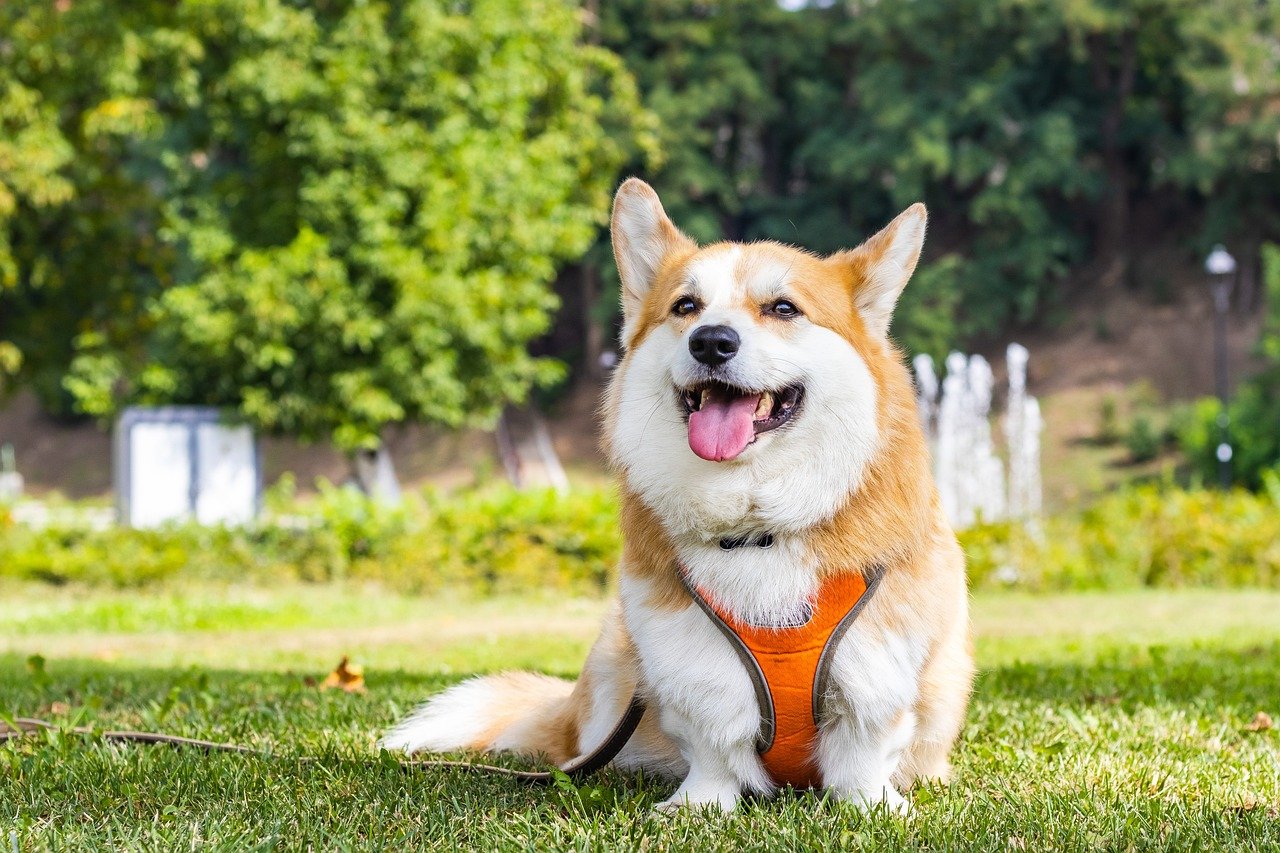 Shutterstock
Shutterstock
Corgis may be small, but their big personalities make them excellent companions for therapy work. Known for their friendliness and playful nature, Corgis have a knack for lifting spirits and helping people feel more at ease. They are intelligent, easily trained, and love spending time with their handlers, which makes them ideal for providing emotional support. Corgis are great at engaging people in physical activity, which can be an important part of managing mental health. Their quirky, charming behavior often brings smiles to everyone around them, helping to reduce stress and anxiety.
Boxer
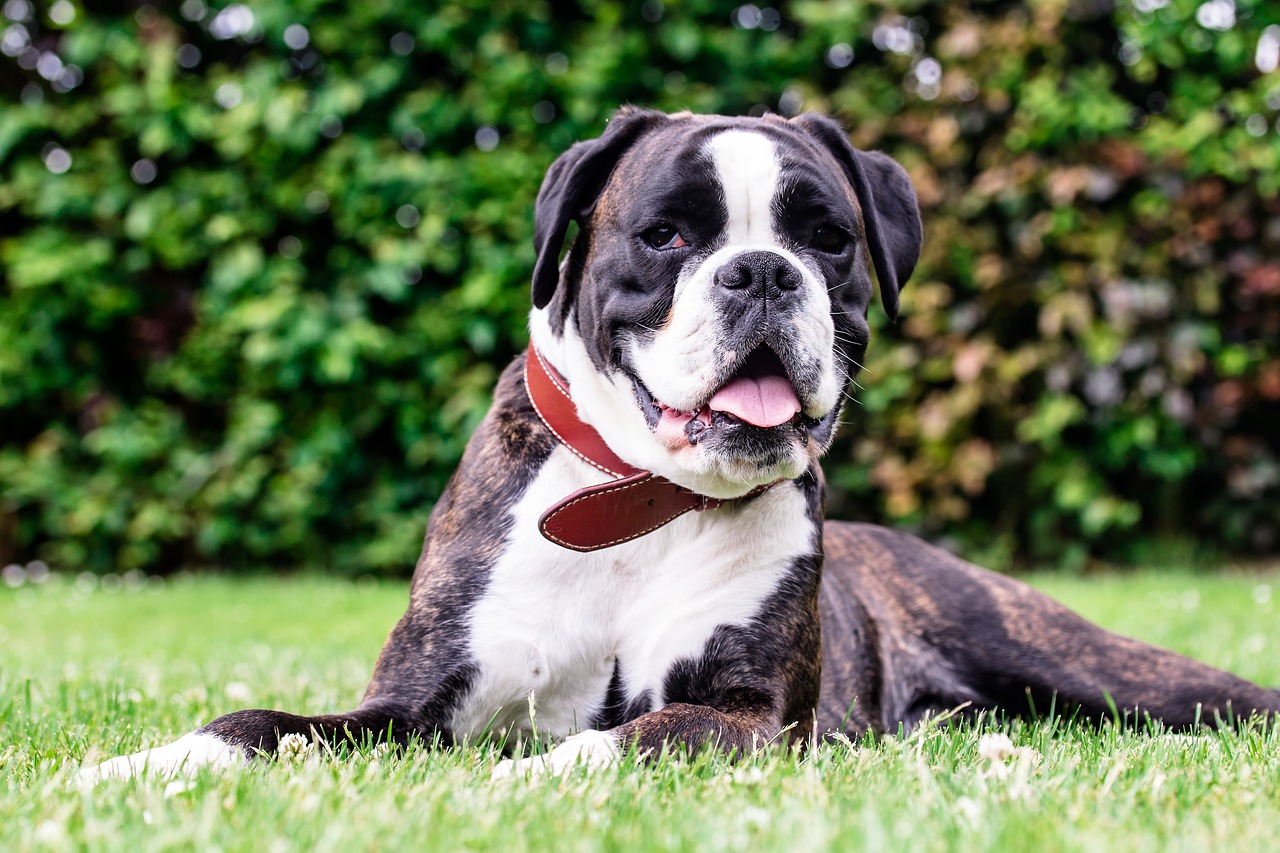 Shutterstock
Shutterstock
Boxers are known for their playful and energetic personalities, but they also have a gentle side that makes them great for therapy work. Despite their muscular build and lively nature, Boxers are incredibly affectionate and love spending time with their owners, often sensing when they need emotional support. They are excellent for individuals who may struggle with depression or anxiety, as their playful demeanor can provide a much-needed distraction, while their loyal, protective nature offers a sense of security. Boxers are especially good with children, making them ideal therapy companions for younger individuals in need of emotional comfort.
Shetland Sheepdog
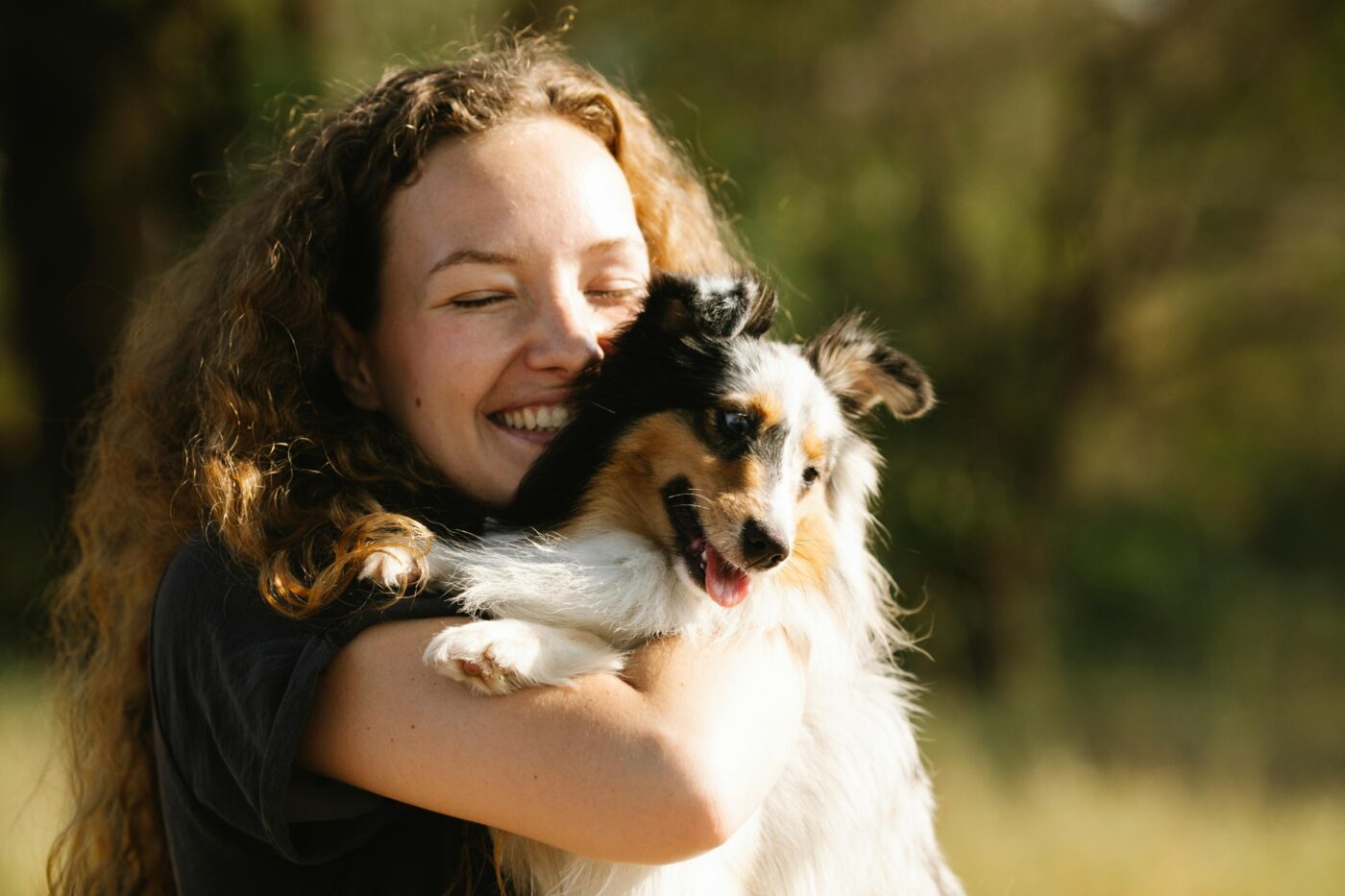 Shutterstock
Shutterstock
Shetland Sheepdogs, or Shelties, are known for their intelligence and sensitivity, making them perfect therapy dogs for mental health support. Shelties are highly attuned to their owners’ emotions and can sense when they’re feeling anxious, stressed, or sad. Their ability to provide comfort in both emotional and physical ways—whether through a soft nuzzle or simply sitting beside their handler—makes them ideal for individuals dealing with emotional challenges. Shelties are also highly trainable and excel in environments where they are required to offer consistent support, such as counseling centers or therapy sessions.
The Fur Therapy You Never Knew You Needed
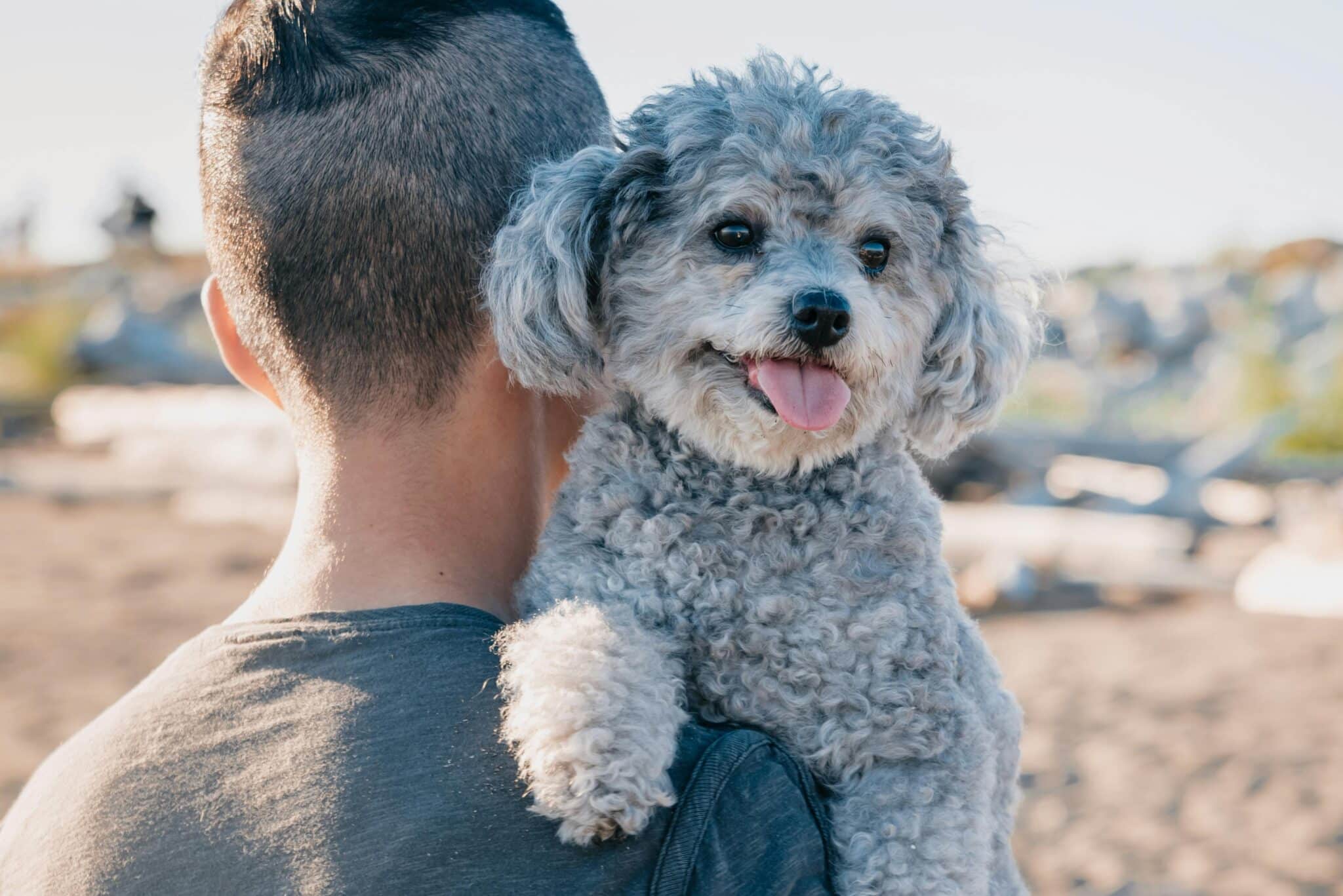 Shutterstock
Shutterstock
These dogs may come in different sizes, shapes, and temperaments, but they all have one incredible trait in common: their ability to provide emotional support and companionship. Whether it’s a Golden Retriever’s calming presence or a Boxer’s playful energy, these breeds excel at lifting spirits, reducing anxiety, and offering comfort even in the toughest situations. They serve as silent heroes in mental health, delivering joy, support, and countless snuggles to those who need them most. With these loyal companions, therapy comes with wagging tails and unconditional love.
 Toledo, United States.
Toledo, United States.